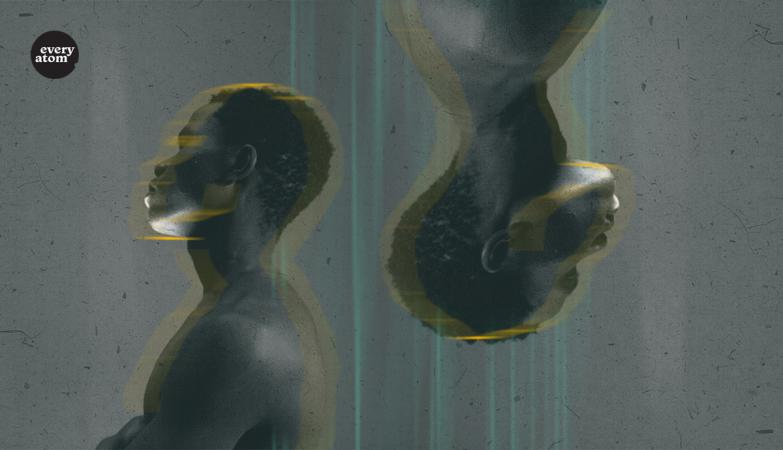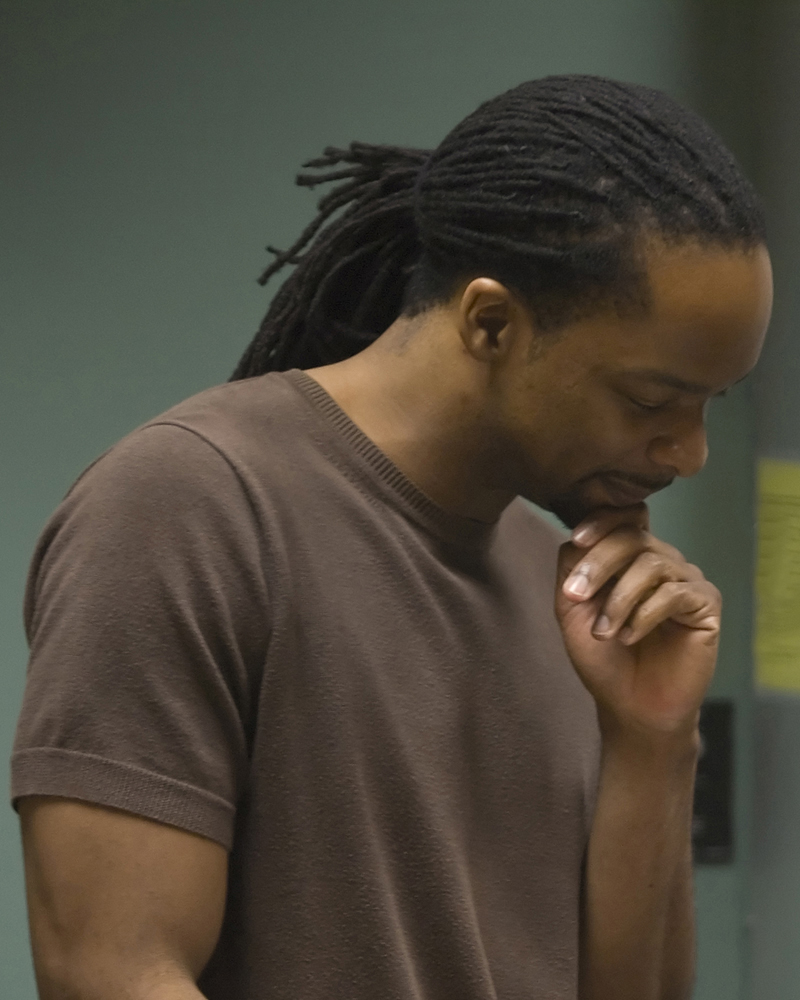Every Atom | No. 2
Introduction to Every Atom by Project Curator Brian Clements
His blue shirt exposes his ample neck and breast and loosens over his hip-band,
His glance is calm and commanding, he tosses the slouch of his hat away from his forehead,
The sun falls on his crispy hair and mustache, falls on the black of his polish’d and perfect limbs.
I behold the picturesque giant and love him, and I do not stop there,
With his long lists, Whitman means to invent a nation within a poem that is like the nation in which we live; it leaves nothing out. His polysyndeton, his chain of “and” after “and,” predicts the possibility for power in beings he can only fetishize. The “and” allows for an individual capable of many moods. The “and” also allows for an individual even the poet may not be able to identify. If he uses “and” as if it is a series of question marks, then he sets himself up for individuals he does not expect to ask or answer further questions. I mean that queer poets like Whitman did not expect my black ass to be reading and admiring and questioning their poems even though their poems knew I was on the way. Prophecy!
I should say here that, though we like to think of Whitman as abolitionist-minded, he was also afraid that freed slaves would take away jobs that only white people should have. He saw that the humane treatment of black people could make for serious tears in the fabric of his country, and I’m so glad he was right, and I hope my own poems make him righter. The queer life in the 21st century, then, is a life in which each individual sees and is seen through the one-ness made through a polysyndeton of several facets of one self. In other words, we say “they” to a single person understanding that the same language that frees some of us oppresses others of us.
Today, from the so-called moderate to the completely radical right, men and women believe in a God who says things must be only one way. People must be only one way and look only one way. The real trouble the religious right have with queer people is comprehending a person whose sex acts and/or whose gender defy the easy identifications of the mid-19th century that so many of us don’t want to leave. And anything or anyone that looks or acts outside of one way must be either exterminated or at least bordered in areas where the Godly will not come in meaningful contact with them.
Recommended
Nor’easter
Post-Op Appointment With My Father
Cedar Valley Youth Poet Laureate | Fall 2024 Workshop







